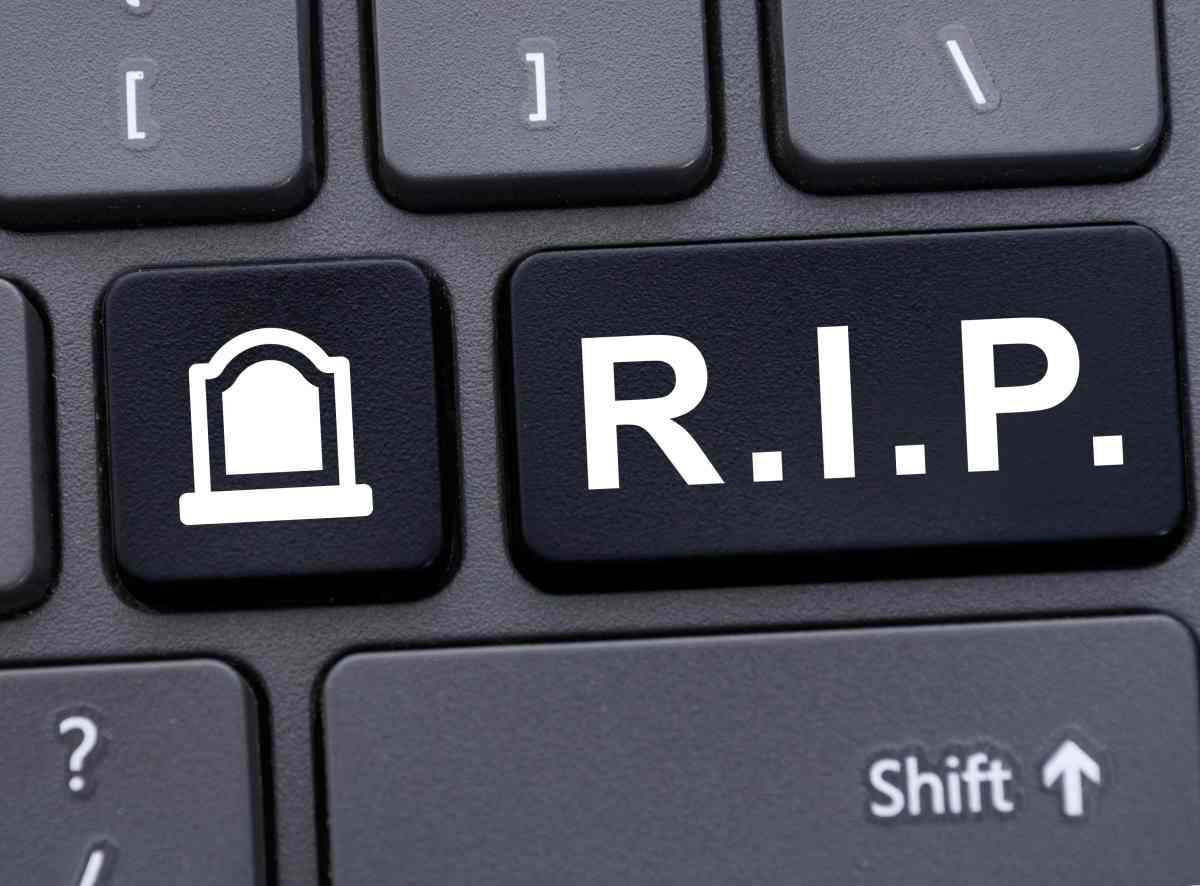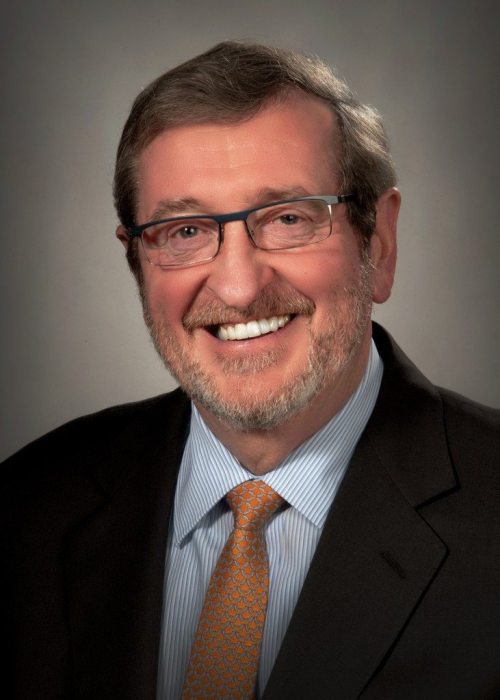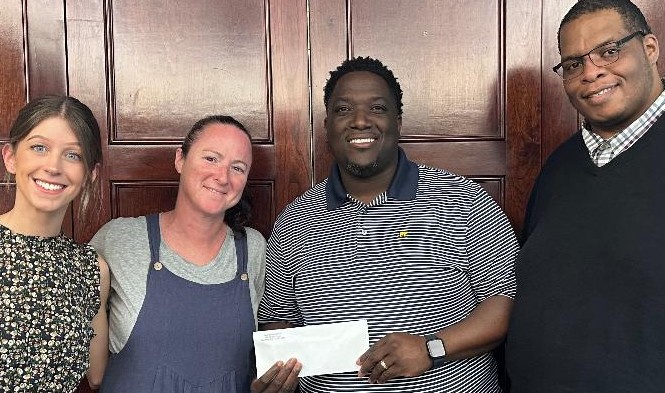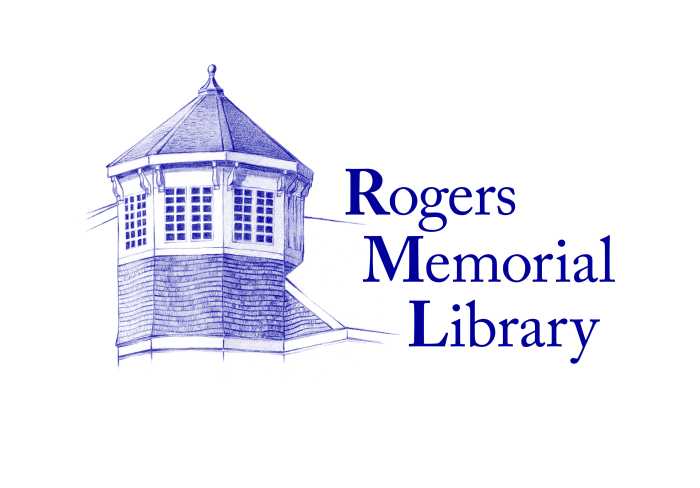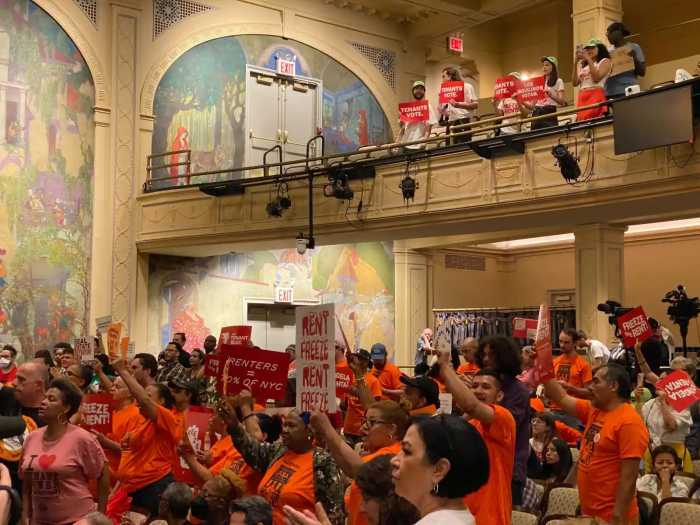Whatever you post on the internet stays there forever, so they say, which is why people are increasingly not only planning funerals and inheritances, but also their posthumous digital legacies.
A person’s online presence after they pass on is often most visible in two arenas: the continuation of their social media accounts, and the creation of web pages that act as an interactive obituary where loved ones can post comments.
“In recent years, the ways people choose to remember deceased family members and friends has changed,” said Ruth Sheridan, director of supportive care at St. Christopher’s Hospice in London. “Trips to the cemetery are replaced by online memorials and social media sites which can be updated regularly and accessed freely.”
With the number of Americans older than 65 projected to outnumber children in 15 years for the first time in the nation’s history and Facebook users of that vintage among the website’s fastest-growing age groups, the issue is sure to gain steam.
Underscoring the phenomenon, a recent study found that in 50 years, the number of dead Facebook users will outnumber accounts held by the living — assuming the social media website is still around in a half century.
The study, Are the Dead Taking Over Facebook? A Big Data Approach to the Future of Death Online, raised important questions about how a dead person’s sensitive private information should be handled — and who should have access — after the person can no longer control the account.
“An exclusively commercial approach to data preservation poses important ethical and political risks that demand urgent consideration,” researchers Carl J Öhman and David Watson wrote. “We call for a scalable, sustainable, and dignified curation model that incorporates the interests of multiple stakeholders.”
As for parts of the web intended for the dead, some social media pages are specifically set up to memorialize lost loved ones. Legacy.com has grown into a Facebook-sized obituary website, acquiring competitors while allowing more and more well-wishers to share memories alongside death notices and photos of those who’ve passed.
Of course, the idea that everything stays on the internet forever is a myth. It’s often a graveyard of dead links. But it’s nonetheless important to ensure loved ones can access your social media accounts after you die so the records can be properly preserved or destroyed, whichever is the final wish.




